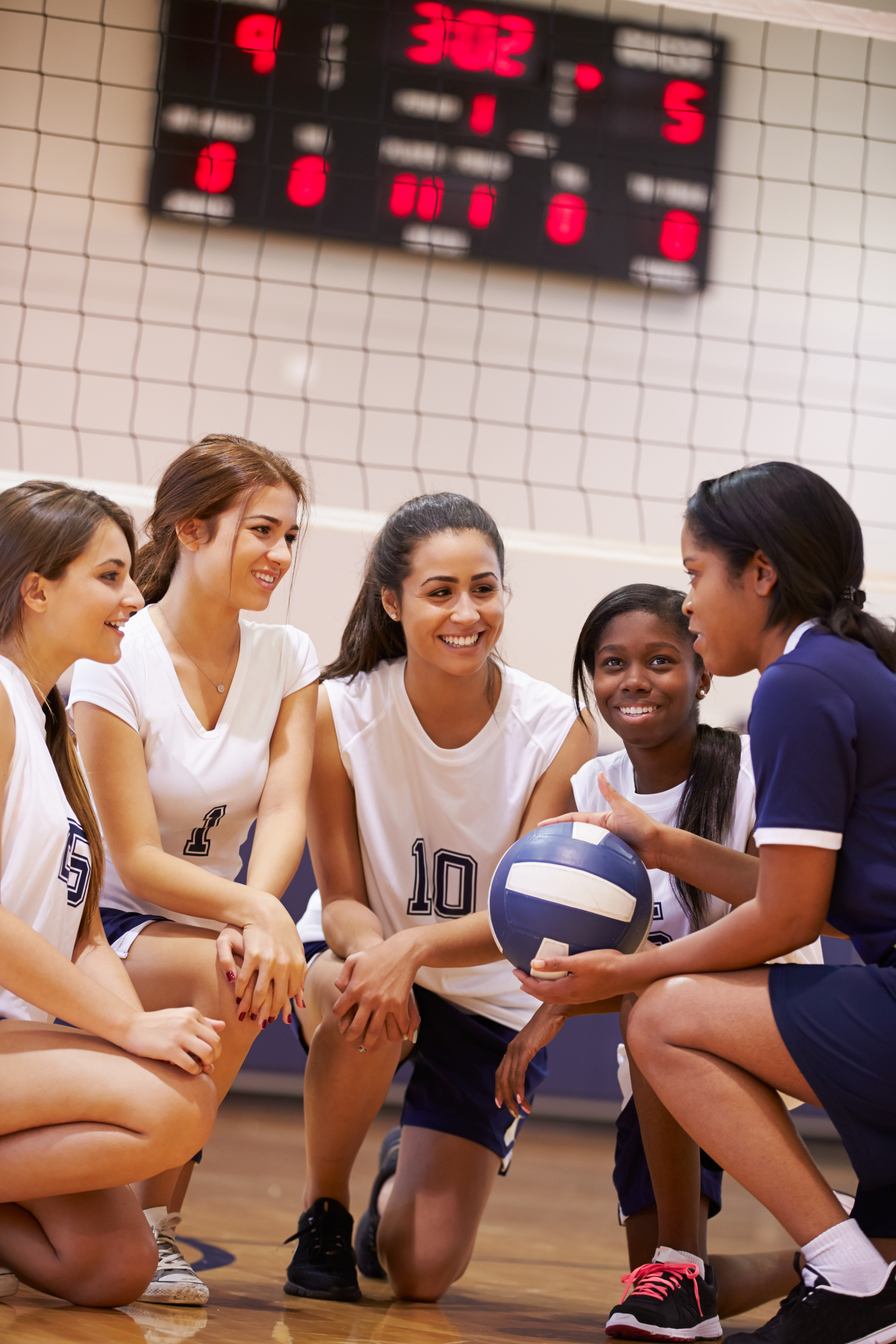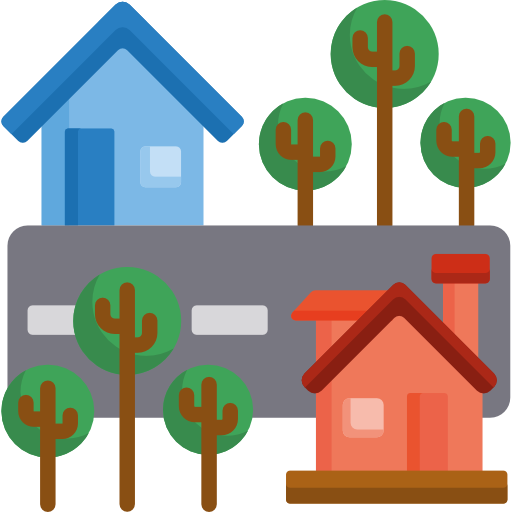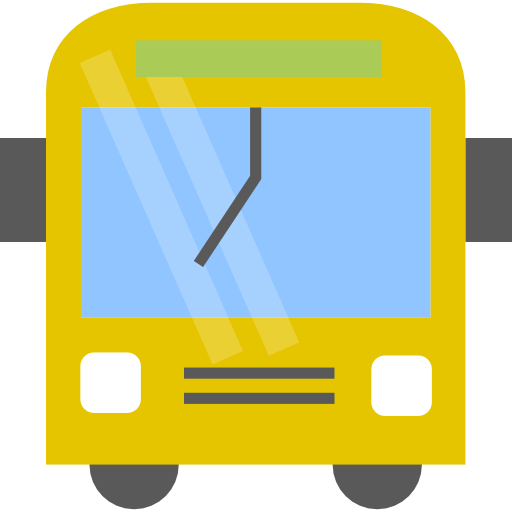PART A_1
Let’s introduce ourselves to each other.
PART A_2
My name is ________________. What is your name?
PART A_3
I am ________________. Nice to meet you.
PART A_4
Nice to meet you too, ________________. How’s the weather today?
PART A_5
PART A_6
I see. Now, let’s begin our lesson!
PART B_1
Please look at the picture. Then, give 5 things that you see in the picture.
(If your student is having a hard time to answer, please point at each item in the picture and ask your student what each item is.)
PART B_2

| Word 1: | |
| Word 2: | |
| Word 3: | |
| Word 4: | |
| Word 5: |
PART B_3
Now, let’s review your answers.
(Please review your student’s answers by sending the correct answers.)
PART B_4
PART C_1
I will ask the following questions. Please answer based on the picture below. I will check if your sentences are complete and if the grammar is correct.
PART C_2

| 1. | How many players are there on the court? |
| Answer: | |
| 2. | What is happening on the picture? |
| Answer: |
PART C_3
Now, let’s review your answers.
(Please review your student’s answers by sending the correct answers in complete sentences. After that, ask your student to read aloud his or her corrected answers.)
PART C_4
PART D_1
We will read aloud the dialogue below twice. I will check your pronunciation and intonation.
First, let’s read aloud clearly and slowly to check your pronunciation. Second, let’s try to read aloud at a natural speed.
First, let’s read aloud clearly and slowly to check your pronunciation. Second, let’s try to read aloud at a natural speed.
PART D_2
|
Sarah:
|
Hi, Caroline. Are you ready for our P.E. class tomorrow? |
|
Caroline:
|
Yes, I am. And I’m very excited. How about you? |
|
Sarah:
|
I am nervous about our P.E. class tomorrow. Our teacher told us that we will be playing volleyball, but I don’t know its rules and how to play it. |
|
Caroline:
|
Don’t worry, for sure she will teach us before the game. I can also teach you later so you’ll be prepared for tomorrow. |
|
Sarah:
|
Really? That would be great. Thank you so much, Caroline. |
|
Caroline:
|
You’re welcome, Sarah. See you later after school. |
After school
|
Sarah:
|
I read some volleyball rules online during my free time. |
|
Caroline:
|
Really? That’s nice. It is important to know the basics like there should only be six players on the court, three in front and three in the back row. Each team is only allowed to hit the ball for a maximum of three hits. So, on their third hit, they must be able to pass it to the other side or else they will lose a point. |
|
Sarah:
|
Are players allowed to hit the ball using any part of their body? |
|
Caroline:
|
Yes, that is allowed as long as the ball did not reach the floor or hit the antenna. There are two antennas in volleyball, they can be found on the left and right sides of the net. Also, don’t forget that you can’t hit the ball twice in a row. |
|
Sarah:
|
I see. Those tips are very helpful. Thank you so much for teaching me. I will make sure to remember all of them. |
|
Caroline:
|
No problem. Come on, let’s practice. |
PART D_3
Now, we’ll fill in the blanks and read aloud the dialogue. I will be Sarah, and you will be Caroline. After reading it once, we’ll switch roles. I will check your pronunciation and intonation.
(Please send the mispronounced words and expressions to your student.)
PART D_4
|
Sarah:
|
Hi, Caroline. Are you ready for our __________ tomorrow? |
|
Caroline:
|
Yes, _____. And I’m very excited. How about you? |
|
Sarah:
|
I am nervous about our P.E. class tomorrow. Our _______ told us that we _______ volleyball, but I don’t know its rules and how to play it |
|
Caroline:
|
Don’t worry, for sure she will teach us before ________. I can also teach you later so you’ll be prepared for tomorrow. |
|
Sarah:
|
Really? That would ________. Thank you so much, Caroline. |
|
Caroline:
|
You’re welcome, Sarah. See _______ after school. |
After school
|
Sarah:
|
I read some _________ online during my free time. |
|
Caroline:
|
Really? That’s nice. It is important to know the basics like there should only be six players on________, three in front and three in the back row. Each team is only allowed to hit the ball for a maximum of three hits. So, on their third hit, they must be able to pass it to the other side or else they will lose a point. |
|
Sarah:
|
Are players allowed to hit the ball ________ part of their body? |
|
Caroline:
|
Yes, that is allowed as long as the ball did not reach the floor or hit the antenna. There are two antennas in volleyball, they can be found on the left and right sides of the net. Also, don’t forget that you can’t ___________ twice in a row. |
|
Sarah:
|
I see. Those tips are very helpful. Thank you so much for ________ me. I will make sure to remember all of them. |
|
Caroline:
|
No problem. Come on, ___________. |
PART D_5
Now, let’s review some words and sentences from part D_4.
(Please review the mispronounced words and expressions from part D_4.)
PART D_6
PART E_1
Now, please fill in the blanks to answer the following questions about yourself.
PART E_2
| Tutor: | What sport do you usually play in your P.E. class? |
| Student: | I usually play __________ in our __________. |
| Tutor: | Have you watched Olympic games? |
| Student: | ___, I ____ watched Olympic games. |
PART E_3
Now, let’s review your answers.
(Please review your student’s answers by sending the correct answers in complete sentences. After that, ask your student to read aloud his or her corrected answers.)
PART E_4
PART F_1
Now, you will ask me questions. Please fill in the blanks to ask the questions below.
PART F_2
| Student: | Are you ________ with basketball ______? |
| Tutor: | ____, I ________ familiar with basketball rules. |
| Student: | What ______ do you like ______? |
| Tutor: | I _____ playing _______. |
PART F_3
Now, let’s review your answers.
(Please review your student’s answers by sending the correct answers in complete sentences. After that, ask your student to read aloud his or her corrected answers.)
PART F_4
PART G_1
Now, please fill in the blanks to answer the following questions.
I will check if your sentences are complete and if the grammar is correct.
I will check if your sentences are complete and if the grammar is correct.
PART G_2
|
1. |
Do you like watching sports? Why or why not? | |
|
Answer:
|
. | |
|
2. |
What is the most popular sport in your country? Please tell me why it is popular. | |
|
Answer:
|
. | |
|
3. |
Are you familiar with baseball rules? If yes, please tell me the things you know about it. If no, what kind of sports are you familiar with? | |
|
Answer:
|
. | |
|
4. |
Do you know how many players from each team are allowed on a basketball court? If yes, please tell me how many. If no, tell something about the sport that you know. | |
|
Answer:
|
. | |
|
5. |
Do you agree that everyone should play sports? Why or why not? | |
|
Answer:
|
. | |
|
6. |
Have you ever watched a volleyball game? If yes, what makes volleyball games exciting? If no, why not? | |
|
Answer:
|
. | |
|
7. |
Do you join sports festivals at school? If yes, please tell me more about it. If no, why not? | |
|
Answer:
|
. |
PART G_3
Now, let’s review your answers.
(Please review your student’s answers by sending the correct answers in complete sentences. After that, ask your student to read aloud his or her corrected answers.)
PART G_4
PART H_1
Let’s do a free talk.
(Please do a free talk if you have time left.)
PART H_2
Tell me about your favorite sport.
PART H_3






































